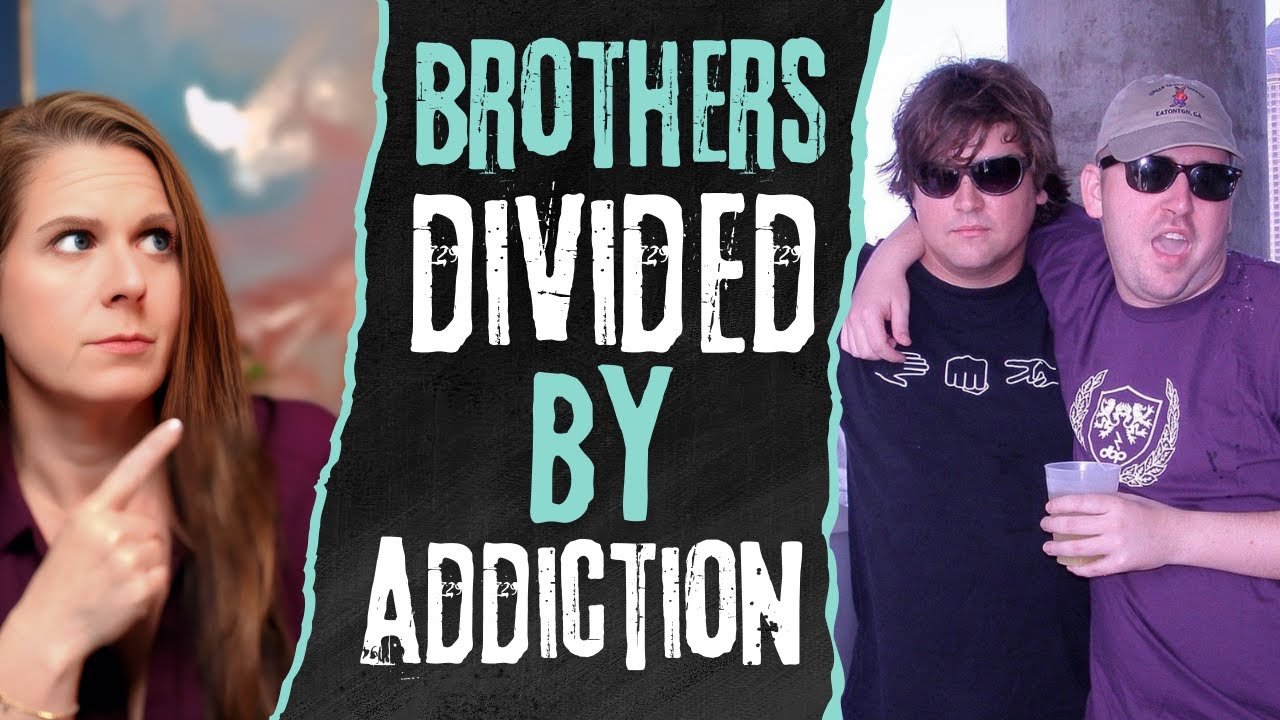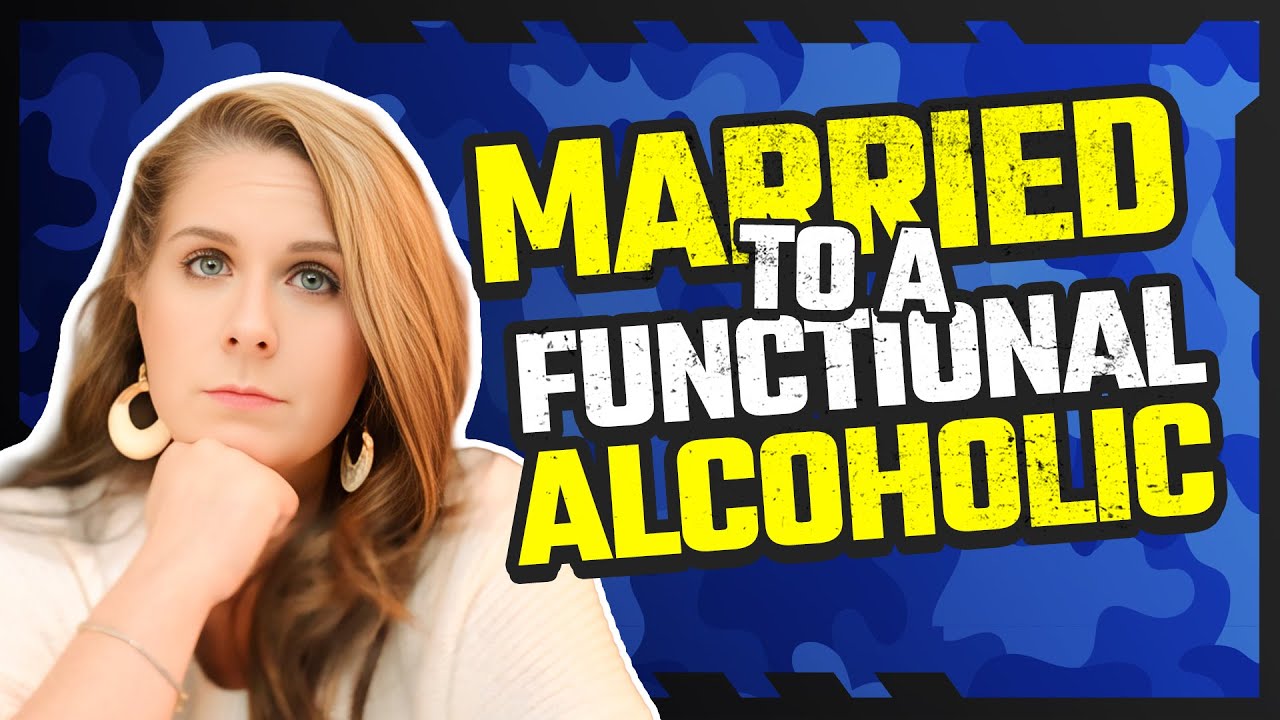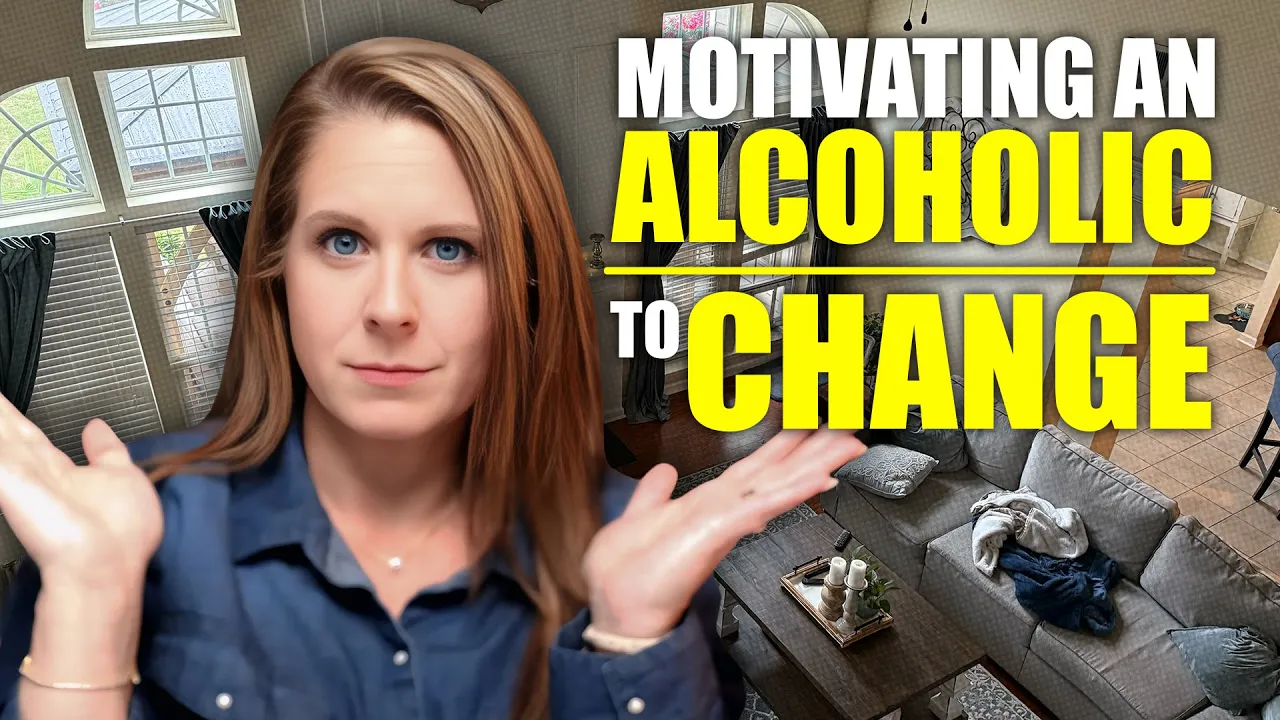Uncovering the Spiritual Roots of Addiction
 The Real Root of Addiction: Why Mental Obsession Comes Before Physical Dependence
The Real Root of Addiction: Why Mental Obsession Comes Before Physical Dependence
Most people think addiction only “counts” when someone is physically dependent—drinking every day, taking a drug every day, waking up needing it, or having intense withdrawal symptoms if they don’t.
But that’s not actually where addiction begins.
Addiction starts long before physical dependence ever shows up.
It starts in the mind—with a mental obsession.
If you really want to understand the root of addiction, you have to look at what makes someone go back to a substance or behavior over and over and over again, eventually leading to physical dependence. And that root is almost always tied to psychological or emotional discomfort.
In today’s blog, we’re going one layer deeper than addictive thinking—and uncovering the real reason addiction takes hold in the first place.
Addiction Starts With Mental Obsession—Not Physical Dependence
Mental obsession happens when your mind gets stuck on something t...
Early Recovery and Why It Feels So Hard (and What To Do About It)
Why Early Recovery Feels So Hard — And How to Get Through It
Early recovery is one of the toughest battles you’ll ever face. And here’s the truth most people don’t tell you: it’s not just about saying no to drugs or alcohol. Early sobriety is a full-body, full-mind storm. Your thoughts won’t slow down, your emotions feel too big, and your body is screaming for relief in ways that feel impossible to ignore.
If you’re in that place right now, you might feel overwhelmed, lonely, and honestly… like you’re barely hanging on.
But here’s the good news: this part does not last forever.
And understanding why it feels so hard is one of the quickest ways to get to the other side.
Welcome back to Put the Shovel Down. I’m Amber Hollingsworth, and this channel exists to help you stay five steps ahead of addiction. Because when you know what you’re dealing with, you’re already halfway through the battle.
The Real Reason Early Recovery Feels Impossible
At the very core of addiction is mental...
Does ADDICTION Really CHANGE Your PERSONALITY? | Amber Reacts
How Addiction Slowly Changes a Person: Two Raw Reddit Stories That Reveal the Truth About Alcoholism & Recovery
Welcome back to Put the Shovel Down—the YouTube channel where we break down the science and psychology of addiction so you can understand what’s really happening in your life and in your family. I’m Amber Hollingsworth, and today we’re diving into two incredibly raw Reddit stories that reveal what addiction looks like from the inside and the outside.
These stories are uncomfortable. They’re emotional. And they’re going to hit you right in the gut—but they also shine a light on the truth about how alcohol and drugs can reshape someone’s personality, disrupt families, and ultimately point the way toward recovery.
Story #1: Can Alcohol & Drugs Really Change Someone’s Personality?
One Redditor asked a gut-wrenching question:
“Do alcohol and drugs drastically change someone’s personality, even when they’re sober?”
His story:
His wife—a woman he’d been married to for over 2...
4 Things You Should KNOW About FUNCTIONAL ALCOHOLICS | A Compilation of Amber's Eye-opening Moments
The Hidden Chaos of Being a “Functional” Alcoholic: When Life Looks Fine on the Outside but Feels Like It’s Falling Apart
For most adults, life already takes everything you’ve got—balancing work, family, responsibilities, and relationships. But when alcohol (or any addiction) becomes another full-time obsession, things quietly start to unravel.
You find yourself constantly planning:
How am I going to get it? How am I going to use it without anyone knowing? How can I keep it under control this time?
It becomes a mental chess game—full of bargains and broken promises. You tell yourself you’ll only drink a certain amount, that you won’t let it get that bad again, that you’ll do better tomorrow. But deep down, you know how this story goes.
The Mental Tug-of-War
Even when you’re not drinking or using, you’re thinking about it. Life starts to feel like something you just get through in between drinks or hits. You’re checking boxes, showing up, functioning—but not present.
Maybe you ...
Amber Reacts | "Is alcohol ruining my marriage or is it just me?"
What It’s Really Like to Be Married to a Functional Alcoholic
Today, we’re diving into something raw, real, and painfully relatable — what it’s like to be married to a functional alcoholic.
These stories come from real Reddit users, and they show how addiction quietly progresses inside relationships that look “normal” on the outside. Each one captures a different stage — from subtle warning signs to emotional exhaustion.
If you’ve ever felt like you’re walking on eggshells, questioning your own reality, or carrying the weight of someone else’s drinking problem, you’ll probably see yourself somewhere in these stories.
Story 1: “Is Alcohol Ruining My Marriage, or Is It Just Me?”
A wife describes her husband of nine years — a man who started with a few beers a day and weekend binges that slowly turned into regular drinking. After multiple “cutback” talks and a near-divorce moment, he reduced his drinking… for a while.
But as she describes, “It’s creeping back up again — nine beers...
Brenda's Story: How I Stopped Fighting the Addiction and Started Reaching My Son

Watch part 1 of Enzo's story here.
“We’re Out of Our Parenting Skillset”
When Brenda picked up her 16-year-old son Enzo from a homeless youth shelter after a drug-fueled road trip, she saw a glimpse of where addiction was taking him—the smell, the vacant eyes, the speed at which life was unraveling. Not long after, came the call every parent dreads: Enzo overdosed. Doctors told the family to gather—he might not live through the night.
This is a true, unfiltered look at a family’s battle with addiction (fentanyl, Xanax, and more), ADHD’s early role, failed starts with treatment, and the life-and-death turning point that led to a different path. It’s painful, honest—and ultimately hopeful.
Early Signs No One Teaches You to See
-
Gifted + ADHD (Twice-Exceptional): From third grade on, Enzo was bright, articulate, and also struggling. Meds muted him; no meds made school a war zone.
-
Family turbulence: Divorce felt “amicable” to adults, but for Enzo’s black-and-white thinki...
Enzo's Story: How Addiction Nearly Destroyed An Ambitious Entrepreneur
The day everything changed
“I was almost 20 when fentanyl hit the streets. I didn’t know what it was—only that it got you super high. I started taking it…and I overdosed.”
What followed was a blur: two overdoses in one week, the second so severe that Enzo was found foaming at the mouth. He spent three days in a medically induced coma and a month relearning how to walk, use his hands, and even read an analog clock. The physical pain was immense; the emotional reckoning even bigger.
Key themes: teen addiction, fentanyl overdose, recovery story, wilderness therapy, therapeutic boarding school, family perspective, youth mentorship
Seattle roots, early independence, and the lure of belonging
Enzo grew up outside Seattle with present, hard-working parents—“a normal, middle-upper-class” life. A natural hustler with an entrepreneurial streak (selling chargers, candy, haircuts), he also craved loyalty and freedom. When a childhood friend group drifted, he found a new tribe—older, faster,...
Living Through My Brother’s Addiction and Recovery| B. Reeves P2
 Read Part 1 first:
Read Part 1 first:

A Brother’s Story: Addiction, Family Bonds, and the Long Road to Recovery
Addiction doesn’t just affect the person using—it ripples through families, testing love, patience, and resilience. In this raw and heartfelt story, Dan Reeves opens up about growing up with his older brother, B, and the complicated mix of admiration, frustration, and hope that shaped their relationship.
B was—and still is—one of the smartest, funniest, and most charismatic people Dan has ever known. But beneath the charm was a long struggle with alcohol and opioids that nearly cost B everything.
Growing Up Together
Dan and B Reeves were inseparable as kids. They shared a wild streak, tested boundaries, and found themselves in situations that most teenagers eventually outgrow. But while Dan eventually slowed down, B’s “all-in” personality made him more vulnerable to the grip of addiction.
Their parents, though divorced, were loving and supportive, giving both boys the freedom to find th...
Reeves' Story Pt. 1 | Confronting the Lies I Told Myself and My Family
A campfire lesson that changed everything
“It’s a lot easier to stay warm than to get warm.”
That simple line—shared by a wilderness guide on a freezing Montana night—didn’t click for B. Reeves until years later. In recovery, it became the anchor: staying sober each day is a lot easier than starting over from a cold, miserable place.
This is B’s story of slow-burn addiction, family dynamics, near misses, and the quiet nudge that finally broke through.
Early patterns: divorce, attention, and the art of getting by
After his parents’ divorce, B learned to manipulate for affection, things, and freedom—a pattern that followed him into adulthood. His mom (the kind, steady English teacher turned entrepreneur) and his dad (the brilliant, larger-than-life writer) loved him, but their different styles sometimes softened consequences. That’s called enabling, and it often delays the moment change becomes possible.
Sports were connection points—golf with dad, tennis with mom—but as substa...
The FRAMEWORK Counselors Use to BREAK DENIAL (And Get Your Loved One Moving)
Have you ever felt like no matter what you say or do, you just can’t get through to your addicted loved one? Maybe they make promises to change, but nothing ever sticks. They stay stuck in denial, and you’re left feeling powerless.
If this sounds familiar, you’re not alone—and there’s hope. In this post, we’ll break down a powerful framework called the Motivation Matrix that helps families understand what actually motivates change, why typical approaches backfire, and how you can finally start moving your loved one in the right direction.
Why Punishment Backfires (and Keeps Your Loved One in Denial)
It’s natural to think that if addiction is ruining someone’s life, they’ll need to get uncomfortable before they decide to change. Families often turn up the heat with threats like:
-
“If you don’t stop drinking, I’m taking the kids.”
-
“If I find drugs in this house, I’ll call the cops.”
The problem? In the mind of someone with an addiction, those actions feel like punishme...









